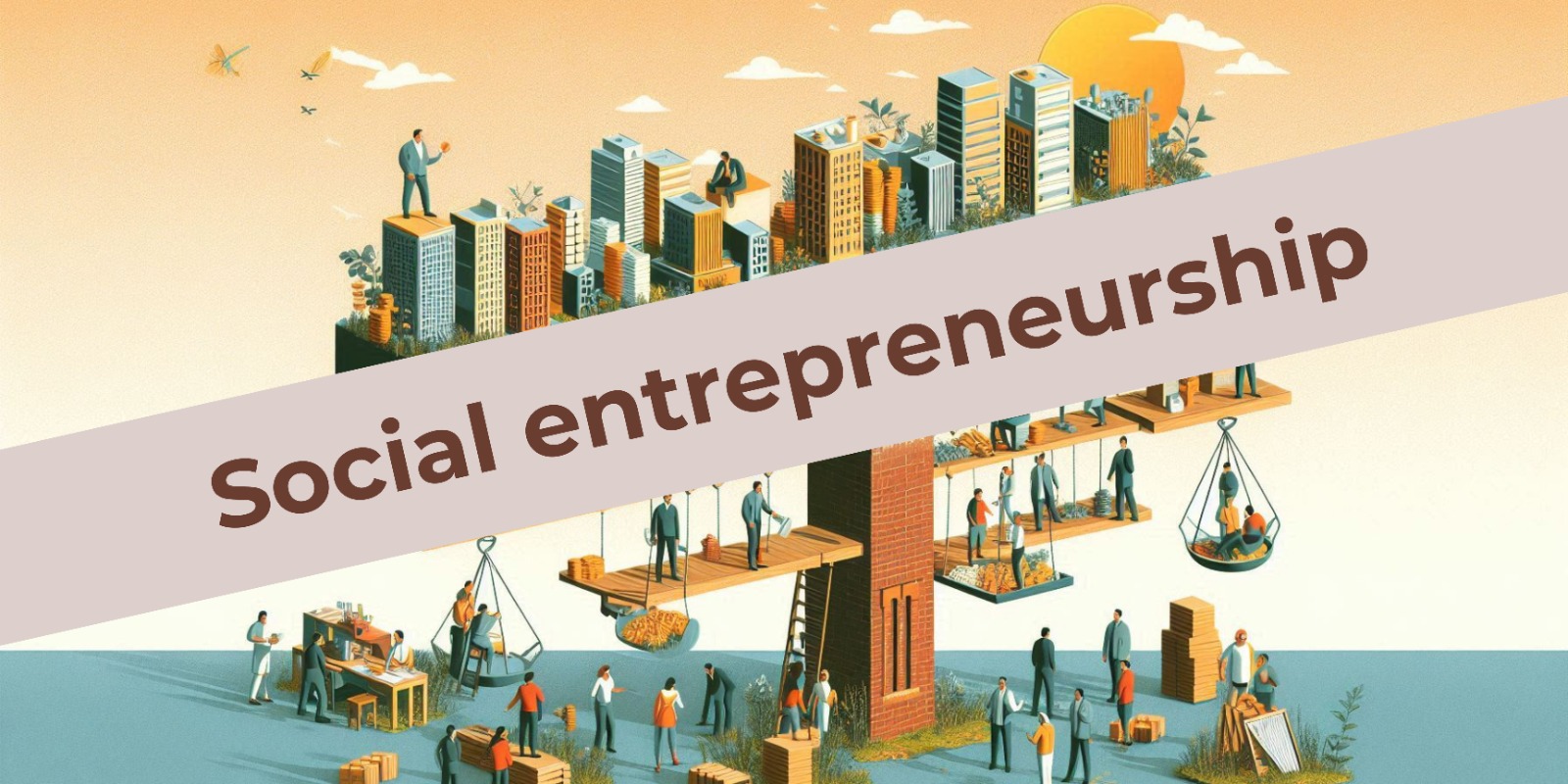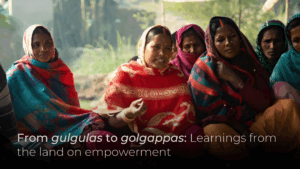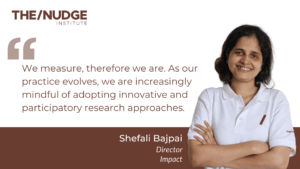India has progressed along different fronts since our independence. With liberalisation in the 90s and adopting a market-driven economy, India has managed to reach the global stage as one of the world’s fastest-growing economies. With the economic progress, the ballooning of the middle class, growing aspirations and increased consumption, innovations and entrepreneurial growth, and our demographic dividend, India has emerged as a global go-to-market.
While this is only one side of the story, the other side is that not everyone has been able to keep pace with this growth. The “trickle-down effect,” if it exists, is not trickling at the rate it should. Despite job creation, greater infrastructure, and increased access to services, the demographic composition of the poor in India has remained largely unchanged. Historically marginalised communities—Dalits, Adivasis, Muslims, etc.—continue to constitute a major portion of India’s poor like in the past. Unfortunately, for many, even basic necessities remain out of reach.
The government has been continuously focused on ameliorating poverty and marginalisation by introducing welfare programs, schemes and benefits. However, the government alone will not be able to counter these problems, considering the nation’s population and the complexity of the problem. Bridging these gaps requires more than policies and more than a siloed approach. It demands a deep understanding of how historical marginalisation has eroded individual and collective agency. This is a wicked problem that requires tailored support at the grassroots level: empowering communities, fostering awareness, and providing exposure to help challenge societal norms and inspire aspirations for better futures.
Crucially, this marginalisation is not a matter of choice; it is the result of systemic exclusion, hence beyond addressing inequities at the community level, there is an urgent need to foster openness and acceptance for this change within society at large.
The focus must shift—not just on growing the economic pie, but on ensuring that everyone gets a fair slice. Ultimately, the chain is only as strong as its weakest link. As a nation, we are only as developed as the quality of life of our poorest citizens. To achieve a better standard of living for all, we must invest disproportionately in mainstreaming the marginalised.
In this context, non-profit social enterprises have emerged as silent and yet powerful vehicles driving India’s true and equitable development story. These organisations, which typically combine the impact-driven focus of social causes with the entrepreneurial mindset, work along with vulnerable and marginalised communities making the opportunities of development more accessible.
Social enterprises work closely with communities to:
- Bridge critical gaps in key sectors such as education, healthcare, livelihoods, and financial access, focusing on marginalised groups often overlooked by mainstream policies and markets.
- Break generational cycles of disadvantage caused by inherited poverty, limited education, and poor healthcare, tackling entrenched cycles of deprivation with targeted interventions.
- Ensure equitable resource allocation, recognising that marginalised groups require additional support to catch up and achieve parity.
- Work from the ground up, addressing micro-level gaps in national policies by adapting to local contexts and providing relevant, actionable solutions.
- Preserve the identity and cultural heritage of communities—languages, traditions, and art forms—often at risk due to systemic neglect. Social organisations celebrate and sustain these identities, ensuring diversity remains central to India’s progress.
- Build resilience of vulnerable groups to crises by fostering sustainable livelihoods, disaster preparedness, and strong community support systems.
- Empower individuals to become self-advocates, enabling them to lead, demand their rights, and transform from passive recipients to active decision-makers for sustainable, inclusive development.
- Unlock economic and social potential, creating opportunities for marginalised groups to contribute meaningfully to society and the economy.
- Amplify the impact of government initiatives, acting as catalysts for long-term transformation and inclusive growth.
- Drive societal mindset shifts through sustained engagement and dialogue, tackling deep-seated prejudices and discrimination based on caste, gender, or religion.
- Collaborate with diverse stakeholders, including government, philanthropies, and private organisations, to create a world where everyone has the opportunity to thrive, regardless of their starting point.

Path ahead: Social enterprises as catalysts for Sarkar, Bazaar, and Samaj collaboration
India stands at a critical juncture. On one hand, we aim for ambitious economic growth, aspiring to realise a $30 trillion economy. On the other, we face an urgent need to uplift the bottom 30% of our population, breaking the cycle of poverty and marginalisation. Achieving a truly equitable India demands a collective effort—one where governments, corporations, civil society, and citizens join hands to dismantle systemic barriers and create opportunities for all.
This calls for effective collaboration between samaj (society), sarkar (government) and bazaar (market). At the heart of this collaboration are social enterprises—powerful enablers and change agents on the ground. They bridge divides, uplift communities, and foster inclusive growth, ensuring that development reaches those who need it the most.
Together, we can craft a development story that goes beyond economic milestones—a story of shared prosperity, where the voices of the marginalised are amplified, their potential unleashed, and their contributions celebrated. It’s a vision of India where no one is left behind.





